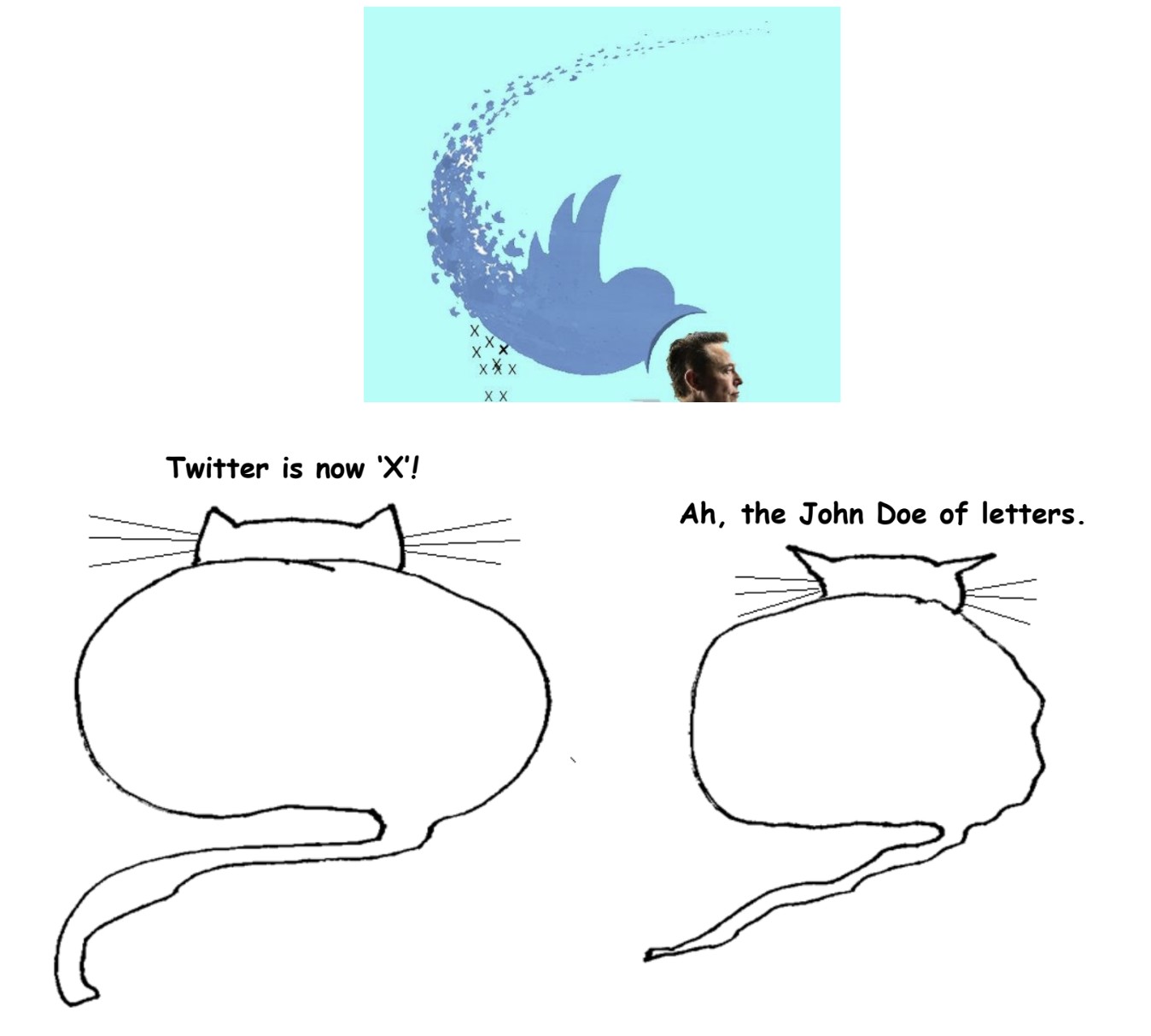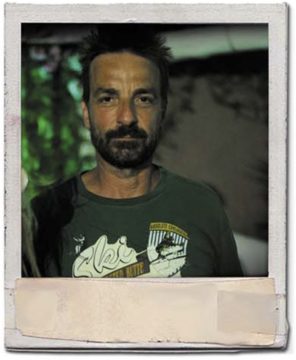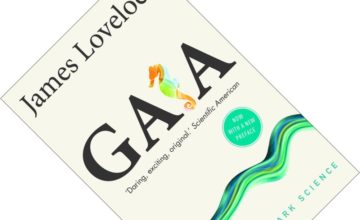by Oliver Waters
 The first article of this series argued that in principle we should expect our personal identities to survive a transition to artificial brains. Obviously there remains the minor technical problem of how to actually build such brains. The most popular conception of how to approach this is known as ‘whole brain emulation’, which entails replicating the precise functional architecture of our current brains with synthetic components.
The first article of this series argued that in principle we should expect our personal identities to survive a transition to artificial brains. Obviously there remains the minor technical problem of how to actually build such brains. The most popular conception of how to approach this is known as ‘whole brain emulation’, which entails replicating the precise functional architecture of our current brains with synthetic components.
This is a cautious approach, in that the closer the design of your new brain to your old one, the more confident you can be that every precious memory and personality trait has been copied over. However, this also means copying over all the limitations and flaws that evolution bestowed upon our biological brains. Yes, you won’t have to worry about your cells ageing anymore – a definite upside! But you will remain stuck with outdated structures like the amygdala and hippocampus as well as the convoluted circuitry linking them together. It would be like upgrading your 1950s classic car engine with all new modern parts. It’s still the same, inefficient, loud, polluting machine, just shinier and more durable.
This is why we will choose to design far more advanced brains instead. Though this raises a risk of its own: what if we create kinds of minds that are far more powerful than our current ones and they destroy us before we have a chance to upgrade ourselves to rival them?
This is known as the ‘existential risk’ posed by artificial general intelligence (AGI). Read more »





 Jeffrey Gibson. Chief Black Coyote, 2021.
Jeffrey Gibson. Chief Black Coyote, 2021.
 Lucky you, reading this on a screen, in a warm and well-lit room, somewhere in the unparalleled comfort of the twenty-first century. But imagine instead that it’s 800 C.E., and you’re a monk at one of the great pre-modern monasteries — Clonard Abbey in Ireland, perhaps. There’s a silver lining: unlike most people, you can read. On the other hand, you’re looking at another long day in a bitterly cold scriptorium. Your cassock is a city of fleas. You’re reading this on parchment, which stinks because it’s a piece of crudely scraped animal skin, by the light of a candle, which stinks because it’s a fountain of burnt animal fat particles. And your morning mug of joe won’t appear at your elbow for a thousand years.
Lucky you, reading this on a screen, in a warm and well-lit room, somewhere in the unparalleled comfort of the twenty-first century. But imagine instead that it’s 800 C.E., and you’re a monk at one of the great pre-modern monasteries — Clonard Abbey in Ireland, perhaps. There’s a silver lining: unlike most people, you can read. On the other hand, you’re looking at another long day in a bitterly cold scriptorium. Your cassock is a city of fleas. You’re reading this on parchment, which stinks because it’s a piece of crudely scraped animal skin, by the light of a candle, which stinks because it’s a fountain of burnt animal fat particles. And your morning mug of joe won’t appear at your elbow for a thousand years.
 Harry Frankfurt died on July 16, 2023. As a philosophy student I came to appreciate him for his work on freedom and responsibility, but as a high school word nerd, I came to know him the way other shoppers did: as the author of one of those small books near the bookstore checkout line. That book, On Bullshit, had exactly the right title for impulse-buying, which has to explain how Frankfurt became a bestselling author in a field not known for bestsellers.
Harry Frankfurt died on July 16, 2023. As a philosophy student I came to appreciate him for his work on freedom and responsibility, but as a high school word nerd, I came to know him the way other shoppers did: as the author of one of those small books near the bookstore checkout line. That book, On Bullshit, had exactly the right title for impulse-buying, which has to explain how Frankfurt became a bestselling author in a field not known for bestsellers.
 I had my first experience with Daylight Saving Time when I was 9 or 10 years old and living in Phoenix. Most of the country was on DST, but Arizona wasn’t. I knew DST as a mysterious thing that people in other places did with their clocks that made the times for television shows in Phoenix suddenly jump by one hour twice a year. In a way, that wasn’t a bad introduction to the concept. During DST, your body continues to follow its own time, as we in Phoenix followed ours. Your body follows solar time, and it can’t easily follow the clock when it suddenly jumps forward.
I had my first experience with Daylight Saving Time when I was 9 or 10 years old and living in Phoenix. Most of the country was on DST, but Arizona wasn’t. I knew DST as a mysterious thing that people in other places did with their clocks that made the times for television shows in Phoenix suddenly jump by one hour twice a year. In a way, that wasn’t a bad introduction to the concept. During DST, your body continues to follow its own time, as we in Phoenix followed ours. Your body follows solar time, and it can’t easily follow the clock when it suddenly jumps forward.

 PATRICE RUNNER
PATRICE RUNNER One year ago today, the famous scientist, environmentalist, and futurist James Lovelock passed away at the age of 103. Amongst his many achievements, he is best known for formulating the Gaia hypothesis: the notion that the Earth is a giant self-regulating system that maintains conditions suitable for life on the planet. I have always been somewhat suspicious of this idea but have simply never gotten around to properly reading up on it. High time to inform myself better and substantiate my so-far thinly-held opinion. Join me for a four-part series of book reviews in which I delve into Lovelock’s classic Gaia; his follow-up
One year ago today, the famous scientist, environmentalist, and futurist James Lovelock passed away at the age of 103. Amongst his many achievements, he is best known for formulating the Gaia hypothesis: the notion that the Earth is a giant self-regulating system that maintains conditions suitable for life on the planet. I have always been somewhat suspicious of this idea but have simply never gotten around to properly reading up on it. High time to inform myself better and substantiate my so-far thinly-held opinion. Join me for a four-part series of book reviews in which I delve into Lovelock’s classic Gaia; his follow-up  When one thinks of American pragmatism, one often puts too much emphasis on the American part. It might even stunt our enquiry, irrevocably fixating on thinkers such as John Dewey, William James, and Jane Addams. But there is more to the story of pragmatism than what happened in the United States around the turn of the
When one thinks of American pragmatism, one often puts too much emphasis on the American part. It might even stunt our enquiry, irrevocably fixating on thinkers such as John Dewey, William James, and Jane Addams. But there is more to the story of pragmatism than what happened in the United States around the turn of the  Susan Neiman: Well, I could also say that Woke Is Not Left. I wrote this book partly to figure out my own confusion. But it was a confusion that was reflected in conversations I have been having with friends in many different countries, all of whom, their whole lives, have stood on the side of the Left, and suddenly felt and said, “What is this? Maybe I’m not Left anymore.” And that struck me as wrong. But no one had quite teased out what the difference is and what the problems are. I didn’t want to give up the word “Left.” And I wanted to write a short book setting out what I consider to be left liberal principles as two different things and distinguishing them from the work in a nutshell. The very short thesis is that woke is fueled by traditional left-wing emotions, having your empathy for people who’ve been marginalized, wanting to correct historical discrimination and oppression. As you know, there’s a German saying that “your heart is on the left side of your body.” But the woke are undermined by what are actually very reactionary theoretical assumptions. And you do not have to have read Carl Schmitt or Michel Foucault in order to share those assumptions. Those assumptions have gotten into the water because every journalist went to college and picked up certain claims coming from these quite reactionary sources that are now often transmitted in the media as if they were self-evident truths. So, I wanted to show the gap between genuine left-wing philosophical assumptions and the premises that the woke are often acting on.
Susan Neiman: Well, I could also say that Woke Is Not Left. I wrote this book partly to figure out my own confusion. But it was a confusion that was reflected in conversations I have been having with friends in many different countries, all of whom, their whole lives, have stood on the side of the Left, and suddenly felt and said, “What is this? Maybe I’m not Left anymore.” And that struck me as wrong. But no one had quite teased out what the difference is and what the problems are. I didn’t want to give up the word “Left.” And I wanted to write a short book setting out what I consider to be left liberal principles as two different things and distinguishing them from the work in a nutshell. The very short thesis is that woke is fueled by traditional left-wing emotions, having your empathy for people who’ve been marginalized, wanting to correct historical discrimination and oppression. As you know, there’s a German saying that “your heart is on the left side of your body.” But the woke are undermined by what are actually very reactionary theoretical assumptions. And you do not have to have read Carl Schmitt or Michel Foucault in order to share those assumptions. Those assumptions have gotten into the water because every journalist went to college and picked up certain claims coming from these quite reactionary sources that are now often transmitted in the media as if they were self-evident truths. So, I wanted to show the gap between genuine left-wing philosophical assumptions and the premises that the woke are often acting on.